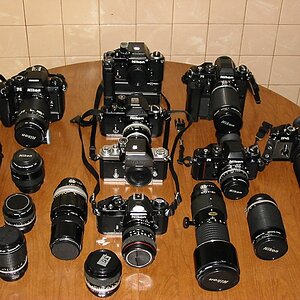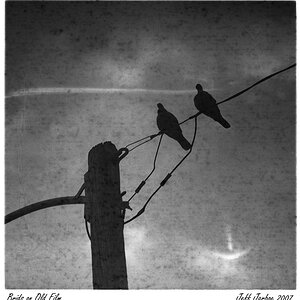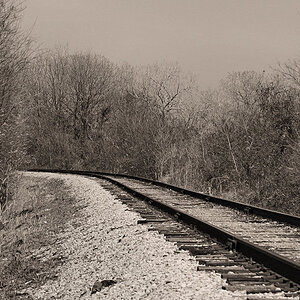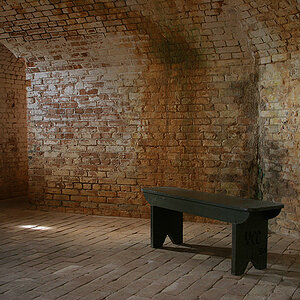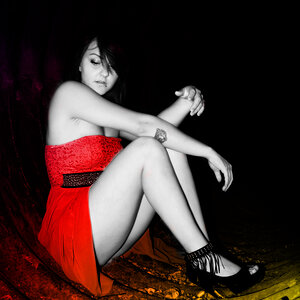Karl
TPF Noob!
- Joined
- May 6, 2009
- Messages
- 58
- Reaction score
- 0
- Can others edit my Photos
- Photos NOT OK to edit
Hey!
I'm wondering .. is there any "book of photography and legalities" somewhere? I'd like to know stuff like; Can I photograph people without their prior consent? Can I photograph public workers (police men, firefighters, etc.) during their work? Can I photograph celebrities without their prior consent? Can I photograph buildings without the owner's approval?
So on and so forth.
Thanks in advance!
I'm wondering .. is there any "book of photography and legalities" somewhere? I'd like to know stuff like; Can I photograph people without their prior consent? Can I photograph public workers (police men, firefighters, etc.) during their work? Can I photograph celebrities without their prior consent? Can I photograph buildings without the owner's approval?
So on and so forth.
Thanks in advance!


 )
)


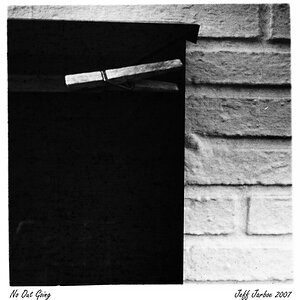
![[No title]](/data/xfmg/thumbnail/38/38749-a4ef503184d13a9c7592221cb44ac5e8.jpg?1619738704)
